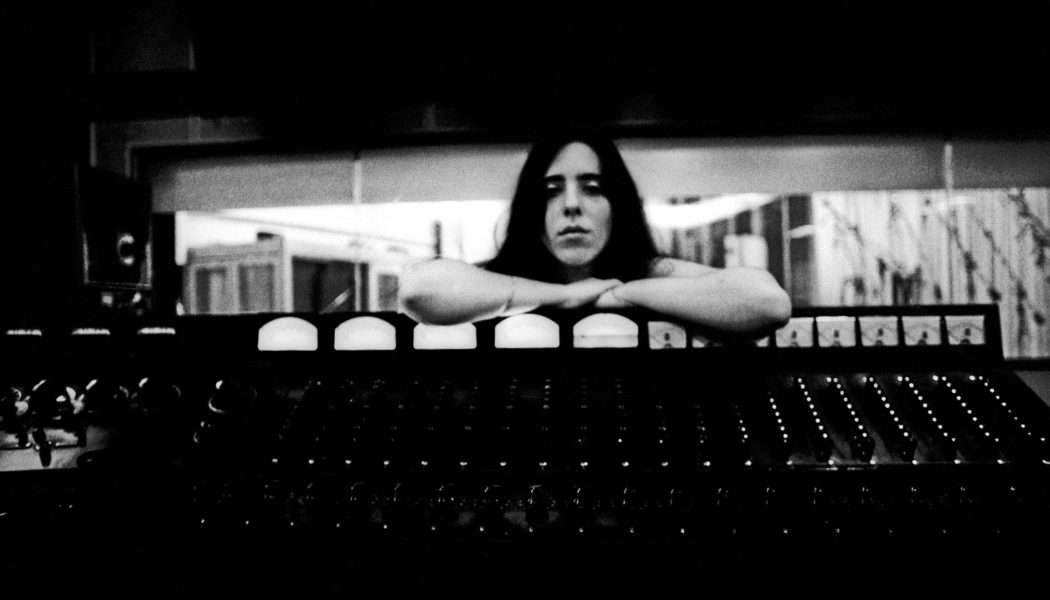laura nyro
Musings on a Muse: What Laura Nyro Left Behind
It wasn’t Eli and the Thirteenth Confession that hooked me. I mean, I knew she was unique and special, and “Lucky” is a spectacular song, but maybe it was because I heard some of the songs on that album as covers first, done by Barbra Streisand, Blood, Sweat & Tears, Three Dog Night and The Fifth Dimension before I heard her do them. Barbra made “Stoney End” a hit and The Fifth Dimension sang hugely produced gorgeous and lush choral versions of “Stoned Soul Picnic,” and “Wedding Bell Blues.” Blood, Sweat & Tears covered “And When I Die,” and Three Dog Night covered “Eli’s Comin’,” so those songs didn’t feel like Laura Nyro songs to me. But there is something else, too. She seemed to take a deep long journey inside herself for her next album, New York Tendaberry, and it is as if she...
My Laura Nyro Confession
The first time I put Laura Nyro’s album, Eli and the Thirteenth Confession on a plastic grey turntable of the cheap record player (a toy with a plug), it wasn’t enough time to hear everything the music was doing. I had to play the record every day for a week or more to learn how to listen to it. Nyro’s songs, other than the ones that became hits for other people, are richly unclassifiable–meshing pop, gospel and even 20th century music influences and all delivered by a singing voice that has an otherworldly three-octave range and seems to unfold with the urgency of someone confessing. As a burgeoning singer-songwriter myself who was also drawn to the autobiographical, I wanted her music to seep into my DNA. Eli and the Thirteenth Confession was released in 1968, the year before ...



